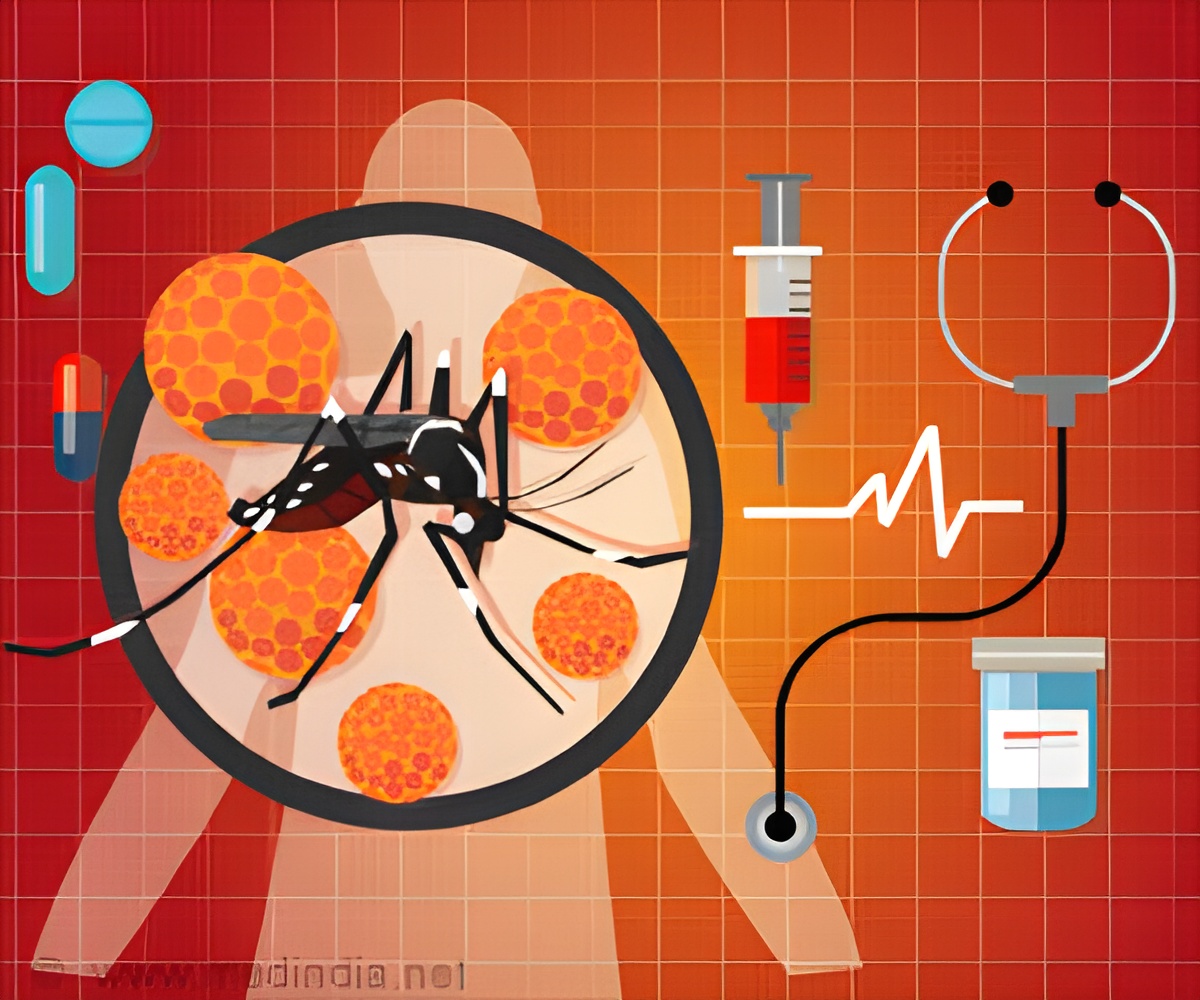The Zika virus can cause birth defects including microcephaly, as well as a potentially fatal neurological disorder called Guillian-Barre Syndrome.

‘The World Health Organization has urged athletes and visitors heading to the 2016 Olympic Games in Rio de Janeiro to take extra precaution against the mosquito-borne Zika virus.’





WHO said that shifting the Games would not substantially alter the risks of Zika spreading globally, but has urged athletes and visitors heading to Rio to take extra precaution against the mosquito-borne virus. The organisation has advised women who are pregnant or planning to become pregnant to stay away altogether. The virus can cause birth defects including microcephaly in which babies are born with unusually small heads and brains, as well as a potentially fatal neurological disorder called Guillian-Barre Syndrome. WHO has provided technical advice to Brazil's health ministry during the Zika crisis, in areas ranging from patient care to mosquito control strategies, Alexander said in an email. But "the implementation of WHO's advice and guidance is being prioritised by other funding, including from the government of Brazil," so the impact of the UN budget gaps is limited with respect to the Olympics, Alexander said.
"That having been said, it is clear that WHO's ability to support the 60 countries currently affected by Zika -- and to support other at-risk countries to prepare for the possible arrival of Zika -- will continue to be severely compromised if we and other health partners are not sufficiently funded," she added.
Zika cases have by far been most heavily concentrated in the Americas. The $8.1-million virus response plan of WHO's regional office, called the Pan American Health Organization, is only 20 percent funded, the UN body said in a report.
Source-AFP








